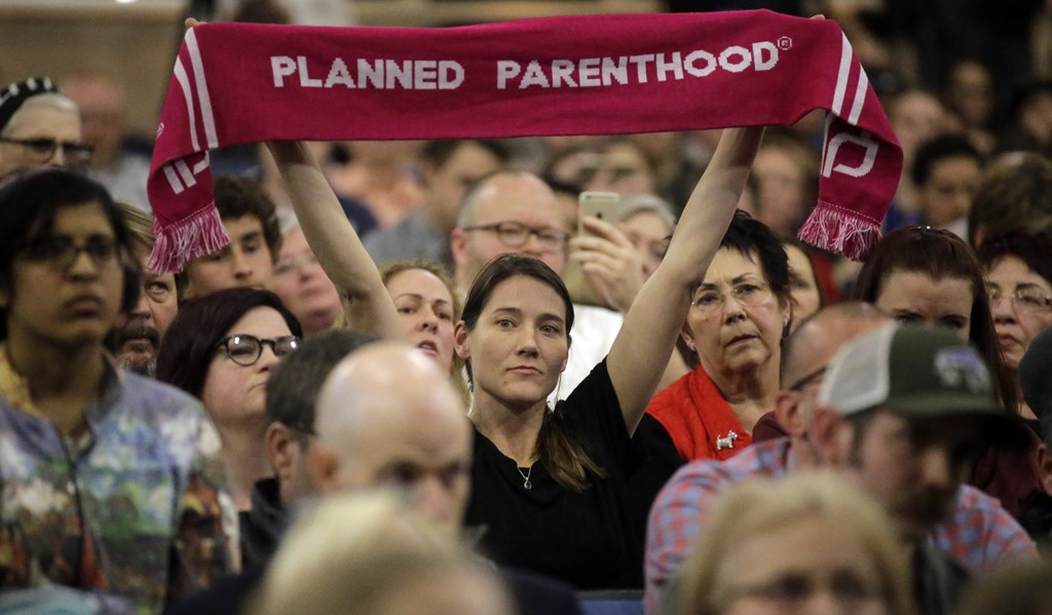The Supreme Court delivered a significant victory for federalism and state sovereignty Thursday, ruling 6-3 that South Carolina can exclude Planned Parenthood from its Medicaid program without facing federal lawsuits from individual patients. The decision in Medina v. Planned Parenthood South Atlantic establishes important guardrails around when private parties can sue states over federal spending programs.
Writing for the majority, Justice Neil Gorsuch emphasized that federal courts shouldn't assume Congress intended to create individually enforceable rights unless lawmakers speak with unmistakable clarity. The ruling reinforces constitutional principles about the separation of powers and limits on federal authority over state programs.
Justice Gorsuch's opinion methodically explains why federal spending programs operate differently from other federal laws. When Congress offers money to states with conditions attached, it's creating what amounts to a contract between sovereigns, not issuing direct commands that create individual rights.
"The decision whether to let private plaintiffs enforce a new statutory right poses delicate questions of public policy," Gorsuch wrote. "New rights for some mean new duties for others. And private enforcement actions, meritorious or not, can force governments to direct money away from public services and spend it instead on litigation."
The Court didn't prohibit Congress from creating individually enforceable rights in spending programs—it simply required lawmakers to do so explicitly and unambiguously. The majority pointed to examples from nursing home regulations where Congress used unmistakable "rights-creating language," making clear that residents have specific protections they can enforce in court.
The big loser today is Planned Parenthood. The Court ruled in Medina that South Carolina could bar public funding and that there is a right to sue. The group said that this would have "catastrophic consequences," since one-third of its revenue comes from government funding...
— Jonathan Turley (@JonathanTurley) June 26, 2025
By contrast, the Medicaid provision at issue simply requires state programs to "provide that any individual eligible for medical assistance may obtain such assistance from any qualified provider." While this benefits patients, it lacks the explicit rights-creating language the Court requires.
"Congress knows how to create clear rights," the majority explained, noting that lawmakers can revise statutes to include explicit enforcement mechanisms when they choose to do so.














Join the conversation as a VIP Member